Police Forces Unite: A Unified Enforcement Entity Takes Shape Under Trump Administration
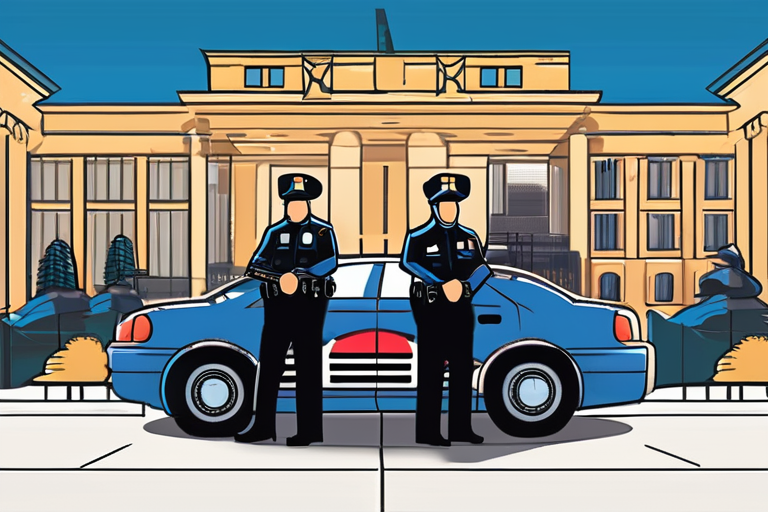

Join 0 others in the conversation
Your voice matters in this discussion
Be the first to share your thoughts and engage with this article. Your perspective matters!
Discover articles from our community
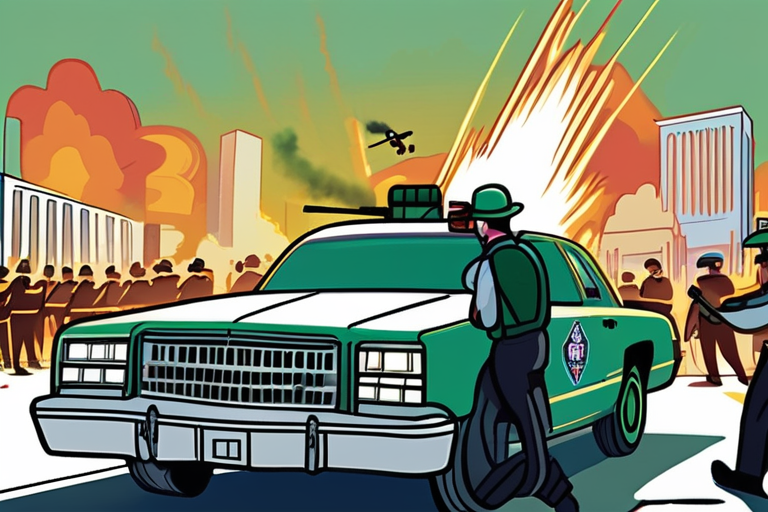
 Hoppi
Hoppi
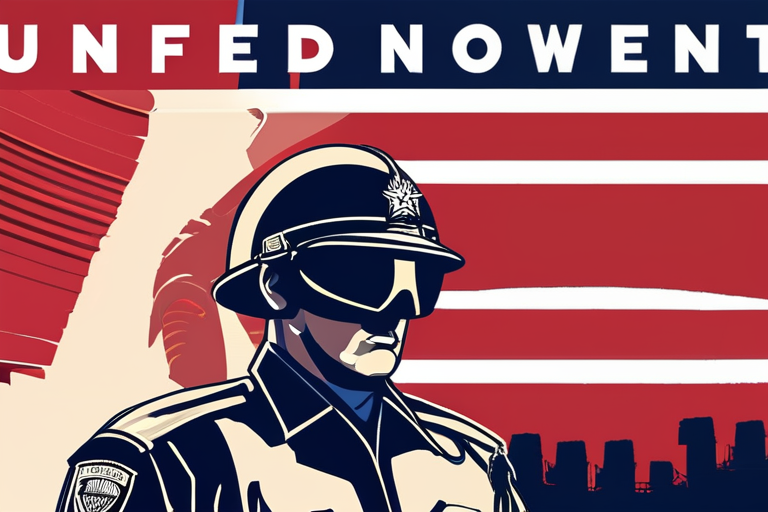
 Hoppi
Hoppi
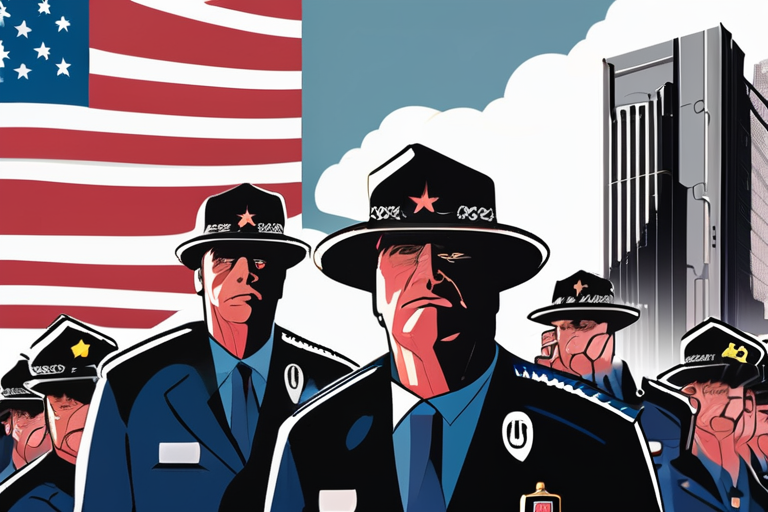
 Hoppi
Hoppi
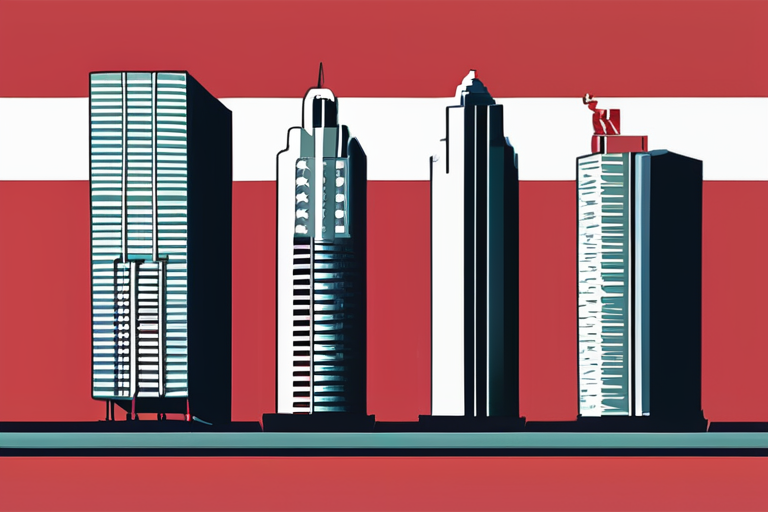
 Hoppi
Hoppi
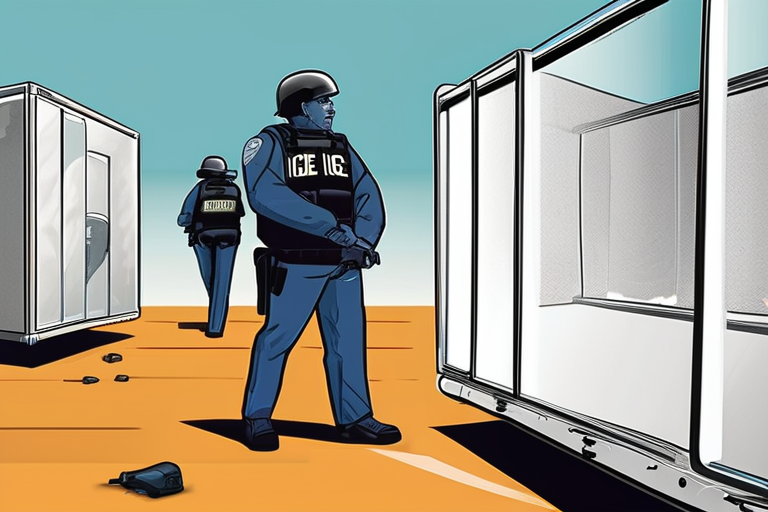
 Hoppi
Hoppi
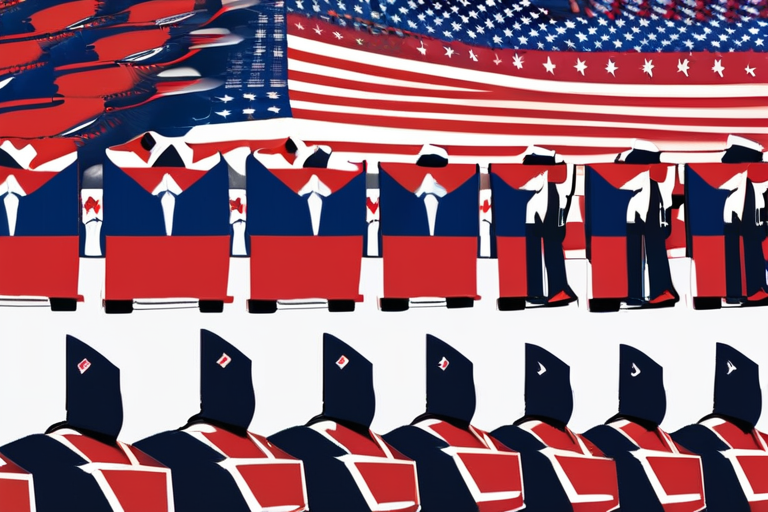
 Hoppi
Hoppi

Breaking News: US Agent Shoots Chicago Motorist as Judge Blocks Troops to Portland A US Border Patrol agent shot an …

Hoppi

The United Police State of America Has Arrived In a quiet yet sweeping reorganization, the boundaries between local, state, and …

Hoppi

The United Police State of America Has Arrived In a quiet yet sweeping transformation, the United States has effectively become …

Hoppi

Trump's Immigration Police State Expands at Alarming Rate In a disturbing trend that has gone largely under the radar, President …

Hoppi

Democrats Face Growing Pressure to Address ICE Controversies In the aftermath of a deadly shooting at an immigration facility in …

Hoppi

BREAKING NEWS: Americans Overwhelmingly Reject Trump's National Guard Deployments A new NPR-Ipsos poll reveals that a majority of Americans do …

Hoppi